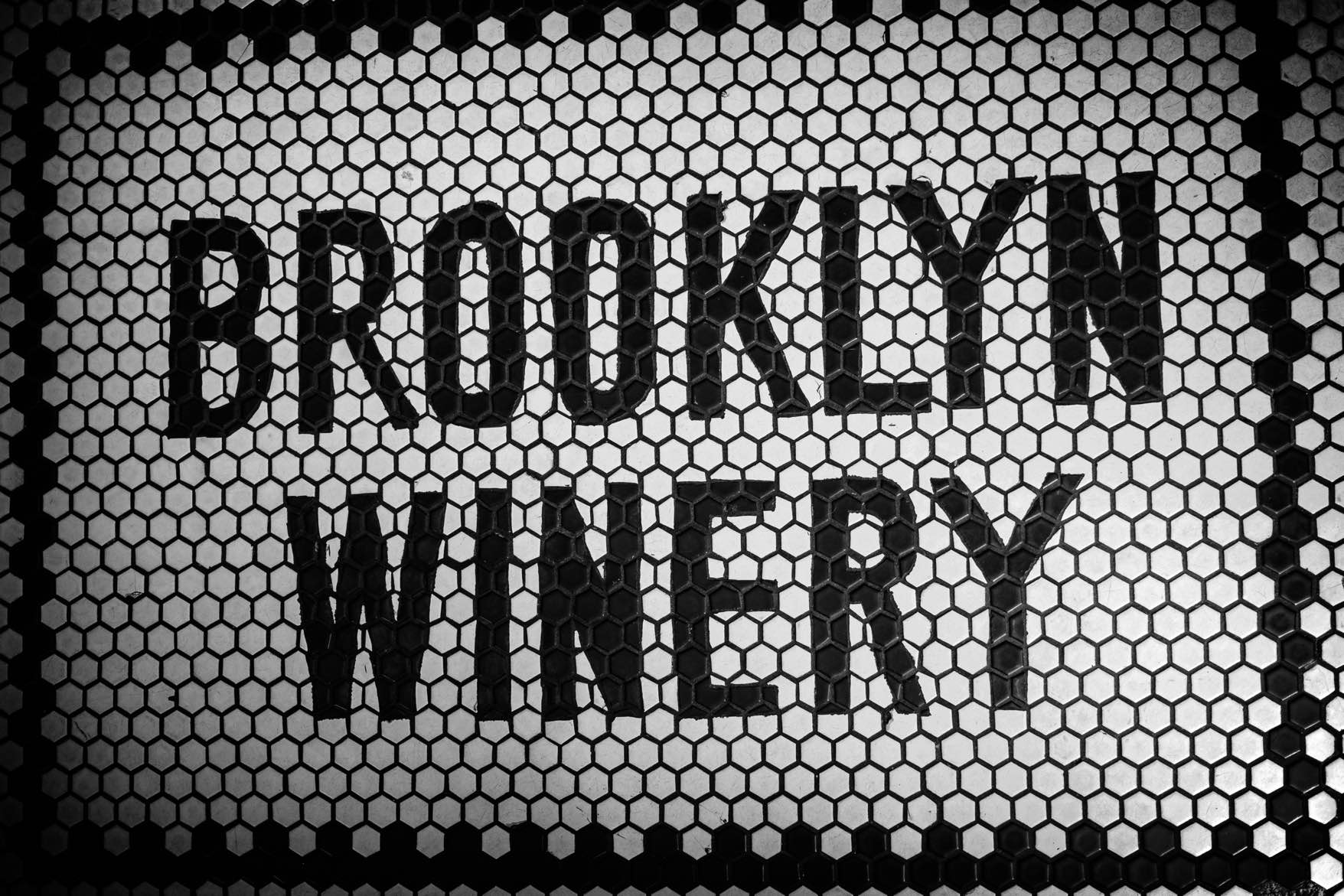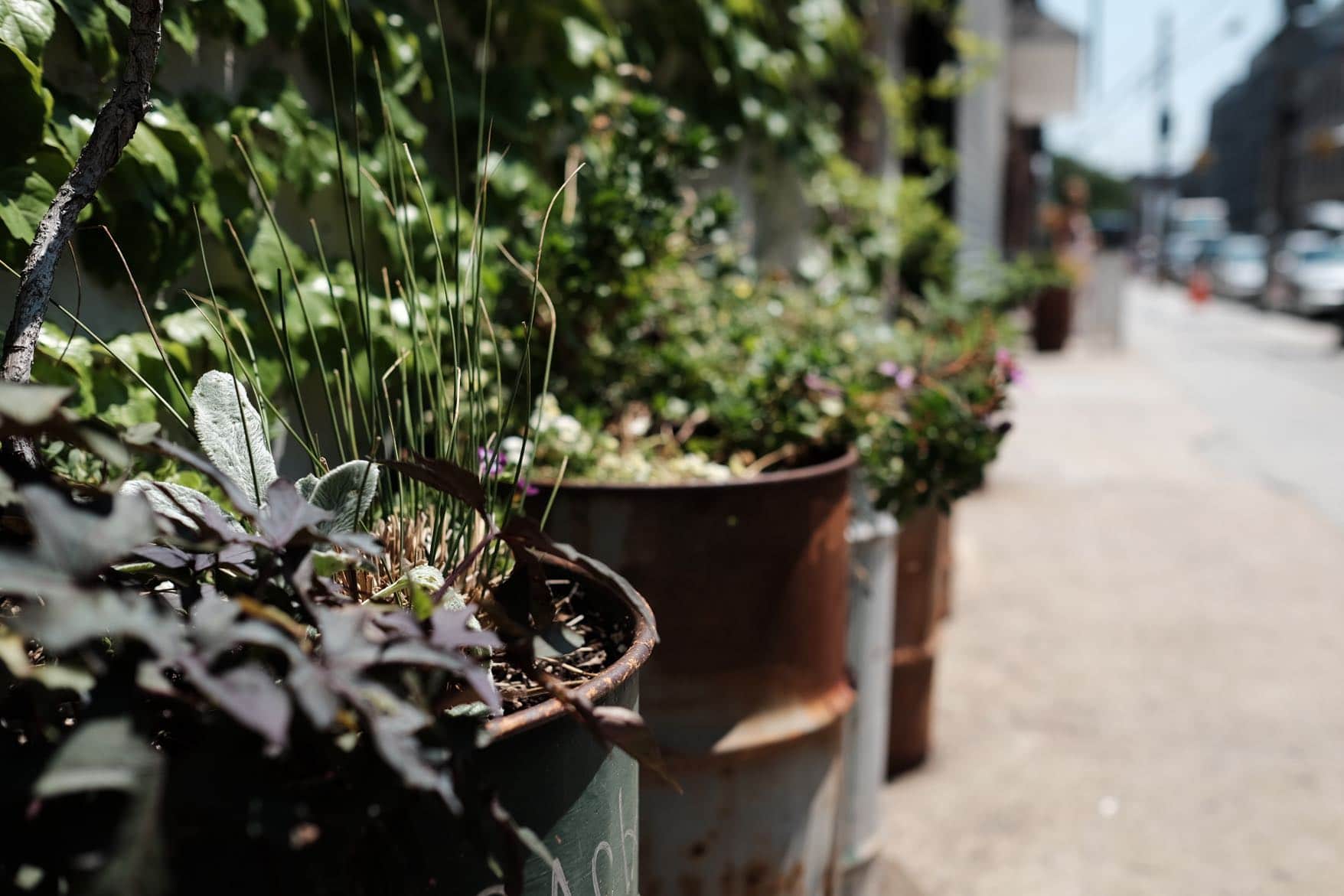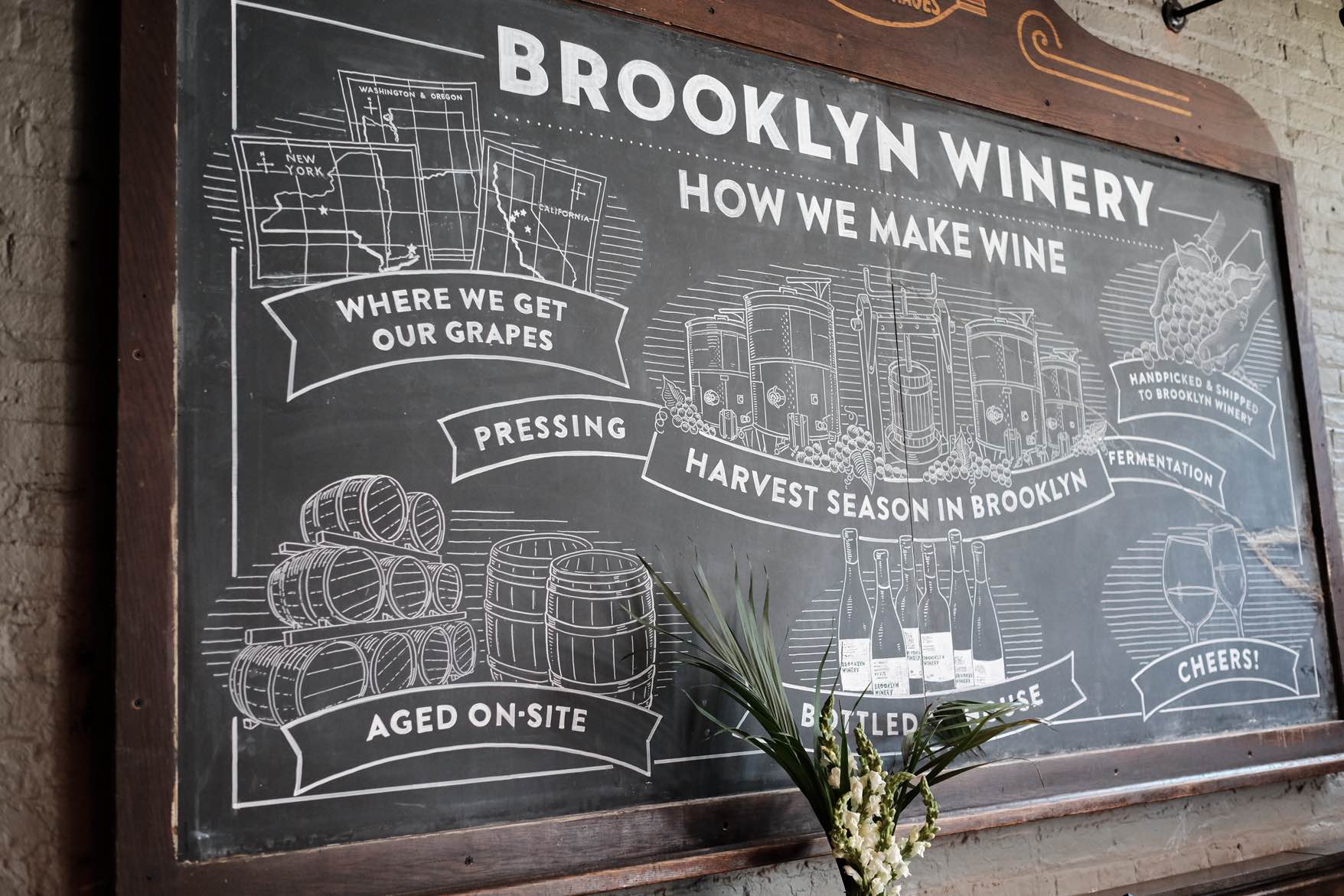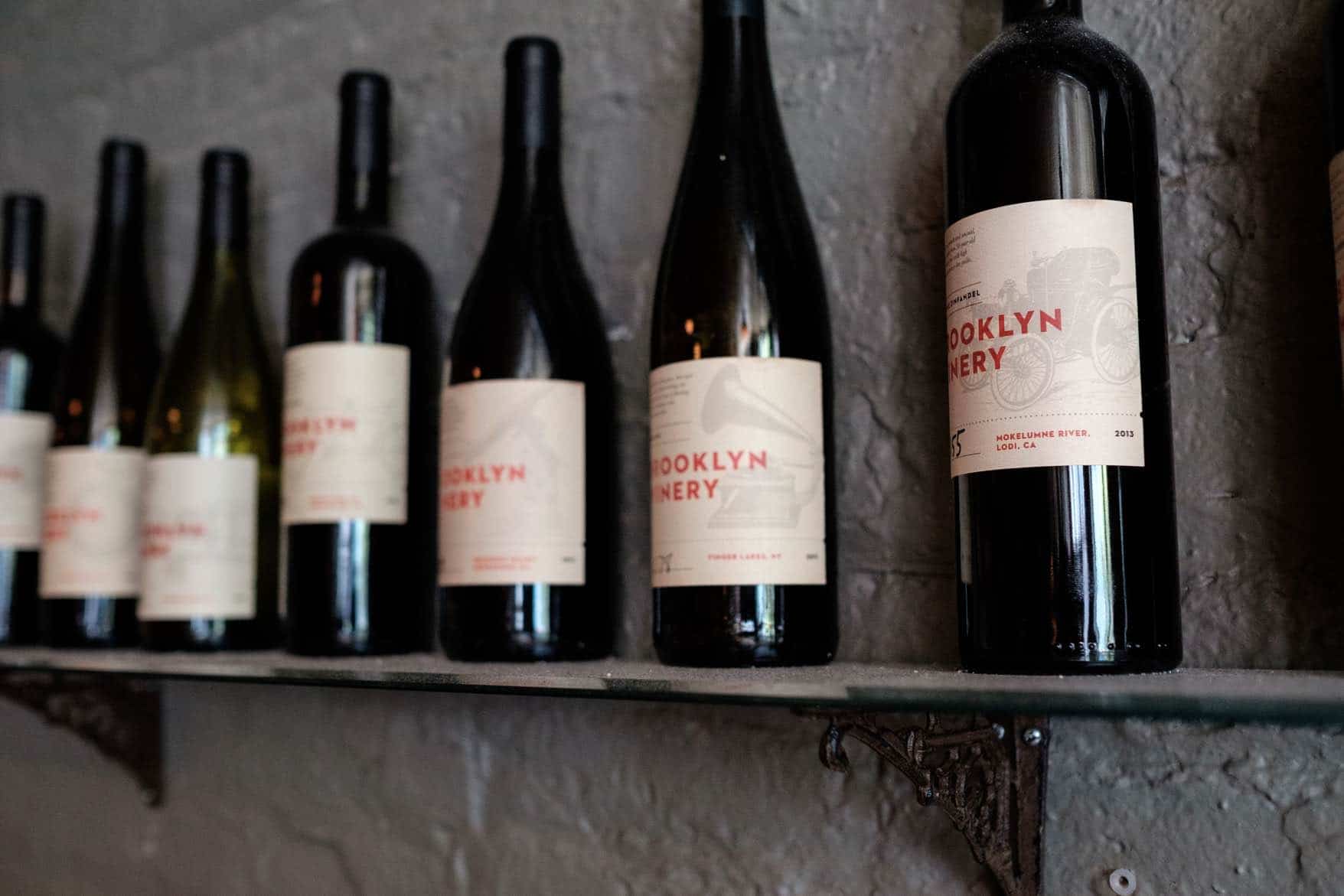We walked away from our conversation with Brooklyn Winery co-founder Brian Leventhal with a bottle of slightly sparkly Chardonnay and insight into his stereotypically suburban Jewish childhood in Scarsdale, his entrepreneurial beginnings, why he’s fallen in love with D.C., scaling an urban winery, and more.
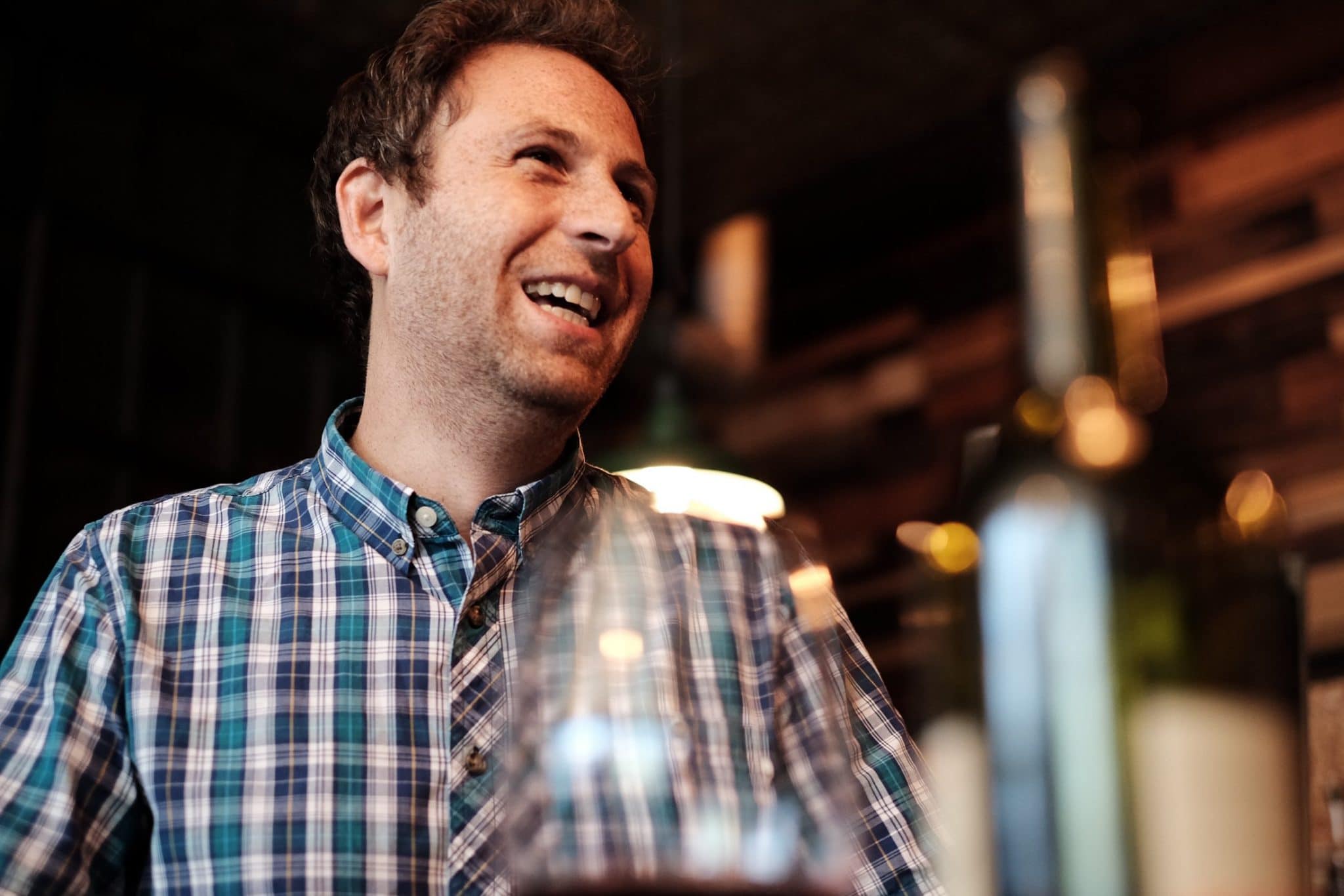
Tell me about your early years.
I grew up in Scarsdale, New York. I had a pretty stereotypical suburban Jewish upbringing, in this bubble, going to Hebrew School, being friends with the same people throughout elementary school and high school. We stayed in the same house. Had a backyard, played sports.
I have very mixed feelings about it.
I’m doing well now and am in a really good place in my life, but, sometimes I question the path I took to get here.
It was a very competitive upbringing. I’d come home from school and the first question my mother would ask was, “Did you get any tests back today? What grade did you get?” Rather than the process, it was all about the results. I worked harder in high school than I did in college. It was brutally challenging. It was a high stress environment. I don’t know if that was the most positive influence, but I didn’t know anything else.
Is there an alternative approach or lifestyle that appeals to you more?
Letting your children develop their own passions and their own paths.
I was forced to take piano lessons. When you’re forced to play a musical instrument, it feels like a chore, rather than something that inspires you. In high school, I decided I wanted to play guitar. I chose to do that and wanted to practice and get better. That was a very positive experience.
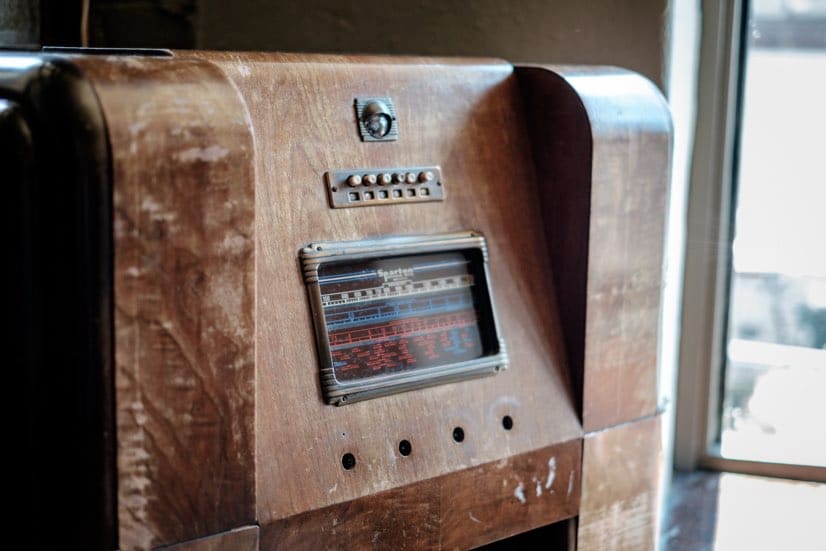
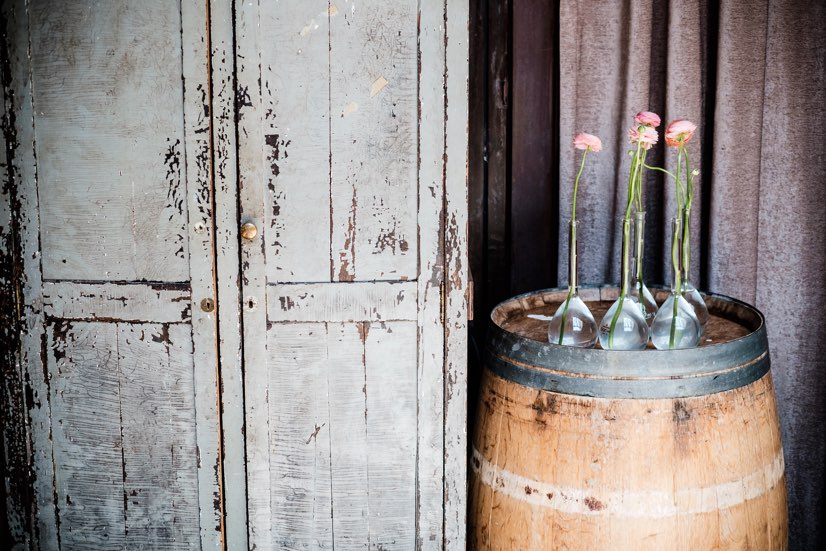
What did you want to be when you grew up?
There are these expectations that, when you graduate from college, you’re going to take one of very few paths. You could be a doctor, you could be a lawyer, or, at the time, finance was still a big thing.
Becoming an entrepreneur was certainly not something that was even talked about.
When I went to college, I did apply to undergraduate business schools. I don’t regret that decision. I loved numbers and, growing up, I would have my own setup, like the car wash on the sidewalk. I always had that in me. After I graduated high school, before I went to college, I did the Cutco knife sale thing.
How did you do? That’s quite competitive.
It’s the ultimate entrepreneurial job. You’re setting up your own appointments, driving from house to house, person to person, asking them to give you people to call, calling people, and putting orders through.
I learned I loved sales. I learned it was in my blood.
I did really well. I was in the top 20 nationally. I made a lot of money for that age, a lot of money.
I got to the point where it wasn’t about the money for me anymore. I cared more about being the best and winning that I don’t even remember if I got a prize. It was about being the last man standing.
What advice would you give your teenage self?
Learn what you are passionate about and follow that hard. Don’t let your parents push you to be something that you’re not.
What I loved about college was that everything I did was mine, and I was still successful. I knew people who emailed their college papers home to their parents. My mom asked, and I was like, “I 100% refuse to do this. You have to let me go through this experience myself.”
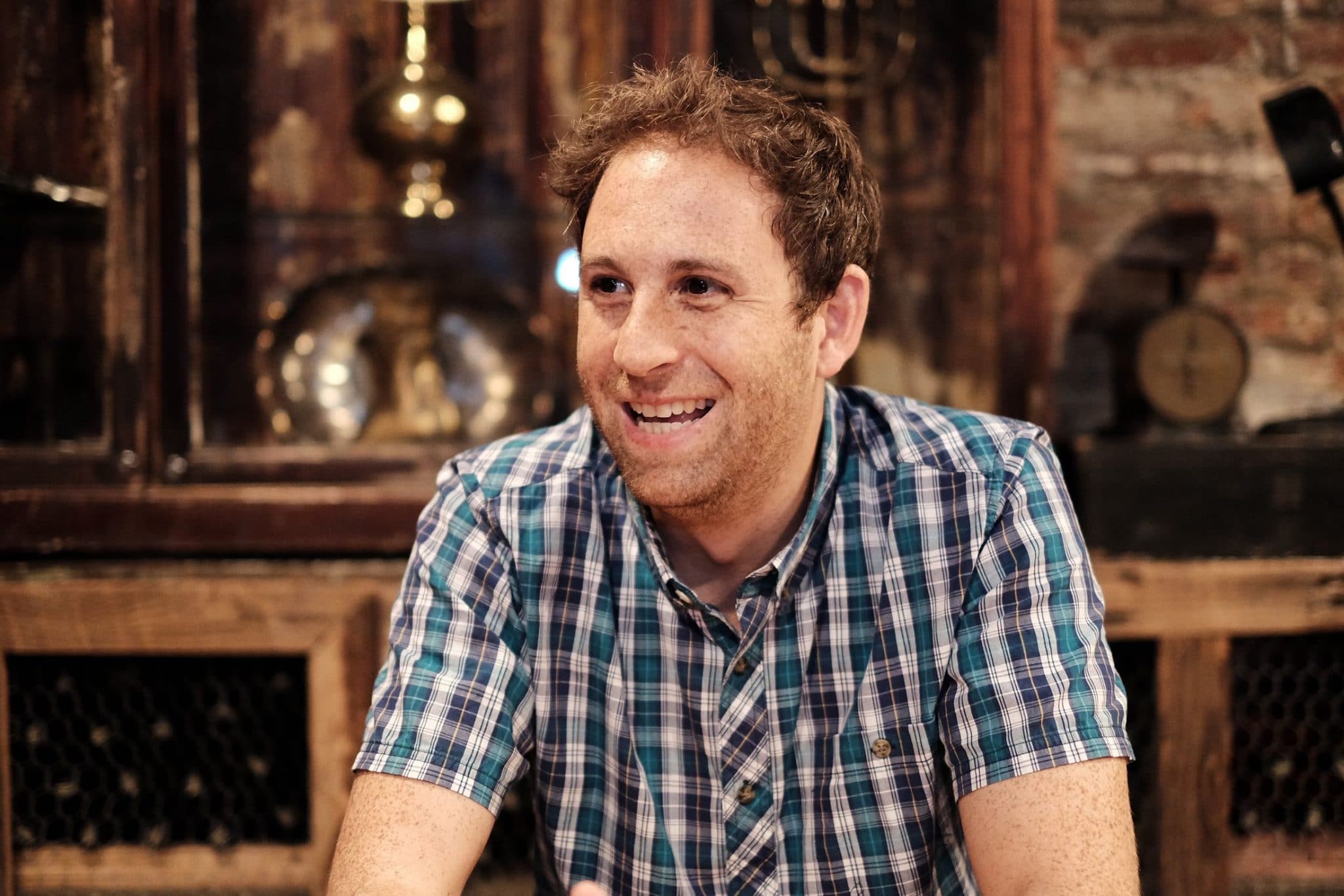
What role did Judaism play in your upbringing?
You’re forced to go to Hebrew School. Up through my bar mitzvah, I didn’t have a choice. Maybe you’re too young to understand it or respect it. Everybody’s disrespectful, everyone is acting up, you’re not listening, it’s a chore. Once you go through the bar mitzvah, you can choose whether you want to continue with Judaism in your life.
A lot of people dropped out. I chose to continue through the confirmation process. You take it more seriously, because you’re making the choice to do it. I felt the closest with Judaism when I was 16 years old, when I chose to go to Israel for a month. I felt a very very strong Jewish connection at that age, which, unfortunately, has withered. I’m hoping when I have children it will come back.
I really like the values and the traditions of Reform Judaism. The holidays are an excuse to get together. You feel that connection.
Do you have a personal mantra?
I’m always very honest and true to myself. Don’t cut corners. Do things the right way. Treat people well.
I’m thinking a lot about that, especially having people work for me. Paying people proper wages. Yeah, there’s a minimum wage, but how can people live on that? I’ll have fewer dollars in my pocket, but if I pay this person $14 an hour instead of $12 an hour, those extra $2 are way more meaningful to that cook than they are to me or my investors.
Old blue chip companies didn’t think this way.
For a lot of younger entrepreneurs, profit is only one metric to measure success by. You have to feel good at the end of the day.
For me, it’s not about how big my bank account is. We decided to buy all green energy here. It’s more expensive, and we didn’t even think twice about it. That was important to us. Hopefully, you end up being a better person.
When do you feel like the best version of yourself?
When I’ve done something that makes someone else better. I don’t care anymore if I’m cited in an article. I don’t want to say I’m taking it for granted, but it’s not as important to me as it used to be. Feeling good is seeing my employees or my friends happy.
What’s something that you have figured out? Something you know to be true.
At work, I figured out how to let this thing do its thing without me meddling, which is one of my proudest accomplishments. Letting other people flourish and having minimal interference, just enough of my presence and advice to keep us on the right path.
I did payroll every week, I went through everyone’s hours and distributed tips, and, I thought, “The person that runs the bar has to do this.” There’s nothing more sensitive than someone’s pay, especially when it fluctuates every week, but, I have to pull myself out of the weeds. It’s the only way this whole thing’s gonna be able to move forward. It empowers other people and it’s really liberating. You can look from above and see everything working. And, you’re not doing it anymore. That’s when you’re not a startup anymore. That was a very rewarding feeling to have.
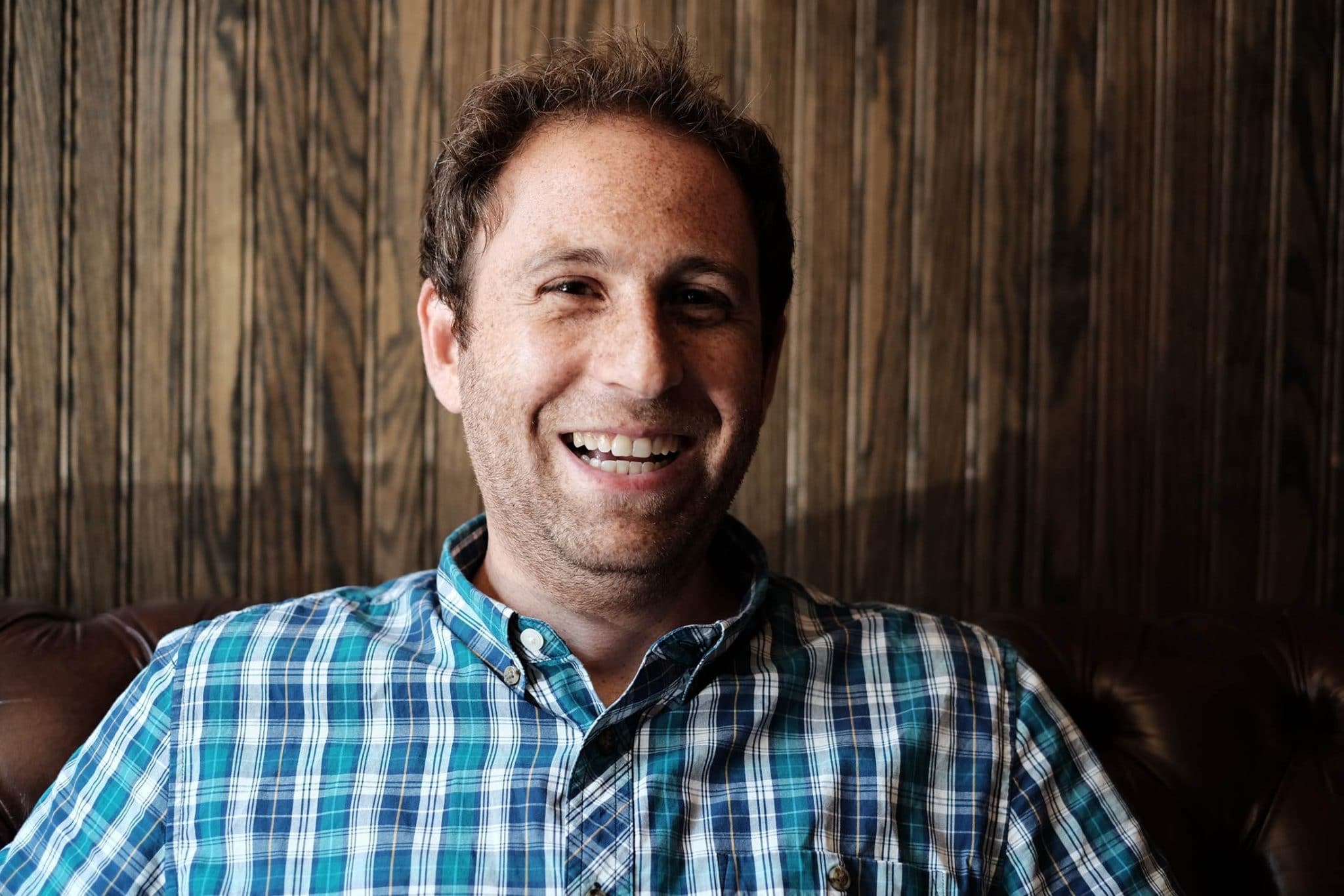
What’s something you learned recently?
I recently moved to D.C. to open District Winery and am learning how to make new friends while maintaining long distance relationships. I was very fortunate to have 4 really good friends in D.C., but my entire family is in New York and all of the friends that I’ve made since college, in the past 12 years, live in New York. Those relationships are very important.
I frequently go back to New York. It would be very easy to go and do a few meetings and return home to D.C., but I push myself to see people. For example, I have meetings on a Monday in November, so I’m going on Saturday and will see my high school friends on Saturday night and my college friends on Sunday. If you go 4 or 5 months without seeing people, your relationships can dissolve a bit. I never used to stay at my parents’ place because they live in White Plains, but they have a bed for me. It’s the first time in a long time that I’ve stayed the night at my parents’ place, and it’s been nice.
What do you love and hate about D.C.?
The only time in my life I didn’t live in NYC was for college. I wanted a complete change, so I came down here. Washington, D.C. is a very livable city. I’m in a brand new neighborhood called the Navy Yard. Why not live in the community and neighborhood where my business is? Why not be part of the fabric of this community and get to know everyone? There are people living in my building who are all District Winery customers.
It’s beautiful. I feel like I live in a resort. I have a boardwalk and a waterfront and restaurants. There’s a supermarket, a dry cleaner’s, a vet – I just got a puppy! – my hair place, my coffee shop. I have everything I need.
As I’ve gotten older, I don’t need the grind of New York. Yeah, the sushi’s better, the pizza’s better, but that’s New York. It’s calmer here. You can get over that stuff.
Do you have any favorite writers or books?
I like Michael Lewis and his business-y books. I like sports a lot, so I read Moneyball before it was cool. It wasn’t a movie or anything like that. I like Freakonomics. I don’t read a lot of novels. I read a lot of The New York Times, actually having the physical paper on Saturday and Sunday. I like to follow current events and what’s going on in the world.
Best Jewish food?
I love all of the cold stuff, like bagels, lox, tuna fish salad. I love potato pancakes and kugels. My grandma made the best pot roast.
I’m the guy that likes gefilte fish. You either hate or you love it, and I’m the guy that’ll take a second piece.
Favorite wine, other than your own?
My favorite winery ever is López de Heredia in Rioja. Maria López de Heredia visited our winery about a year into operations. She’s a legend. It’s one of the oldest wineries in Spain. They don’t release a wine just to get it out. Their whites are 8 years old before they even release them, which is unheard of. Their reds are 10 years old, at the earliest. It’s another level of taking care of the wine. You taste the passion in them. They’re not crazy expensive. In my wine fridge at home, I have at least 12 bottles of her wine.
Photos by Josh Dormont
Thank you for visiting Arq!
Arq is no longer publishing new content. We hope you'll enjoy our archived posts.
